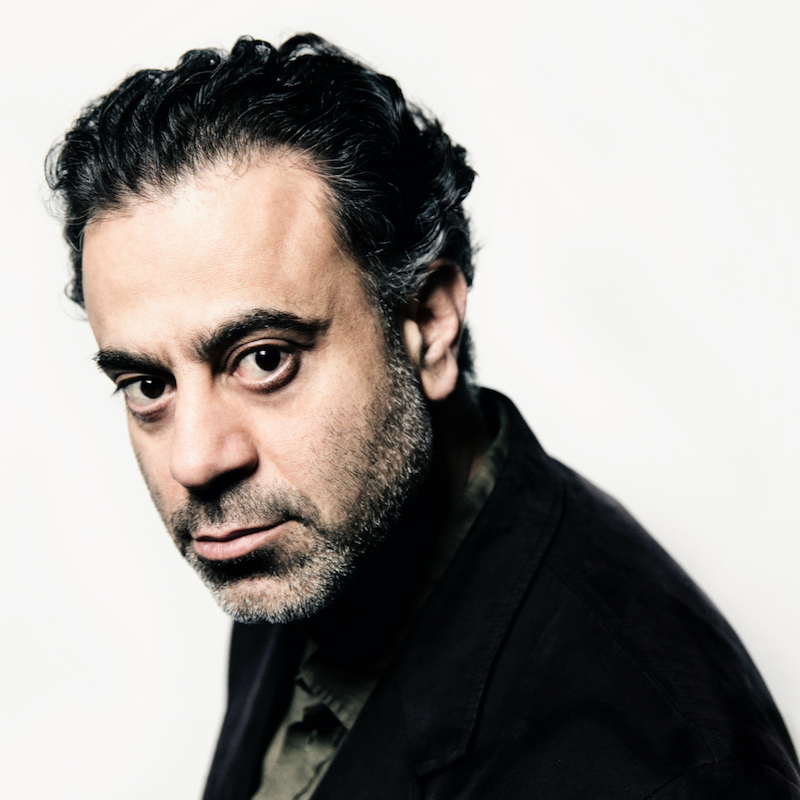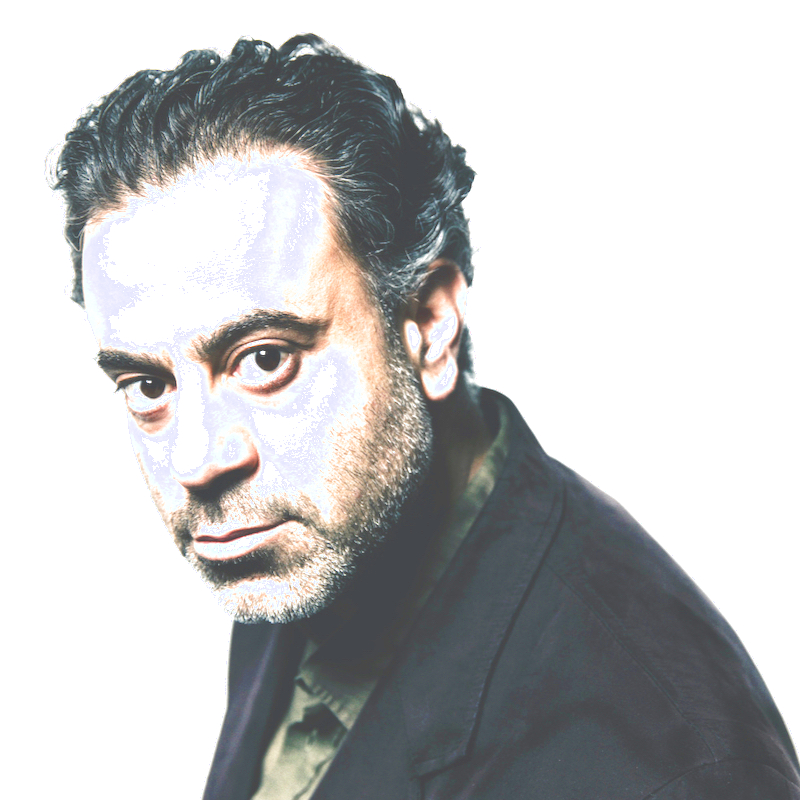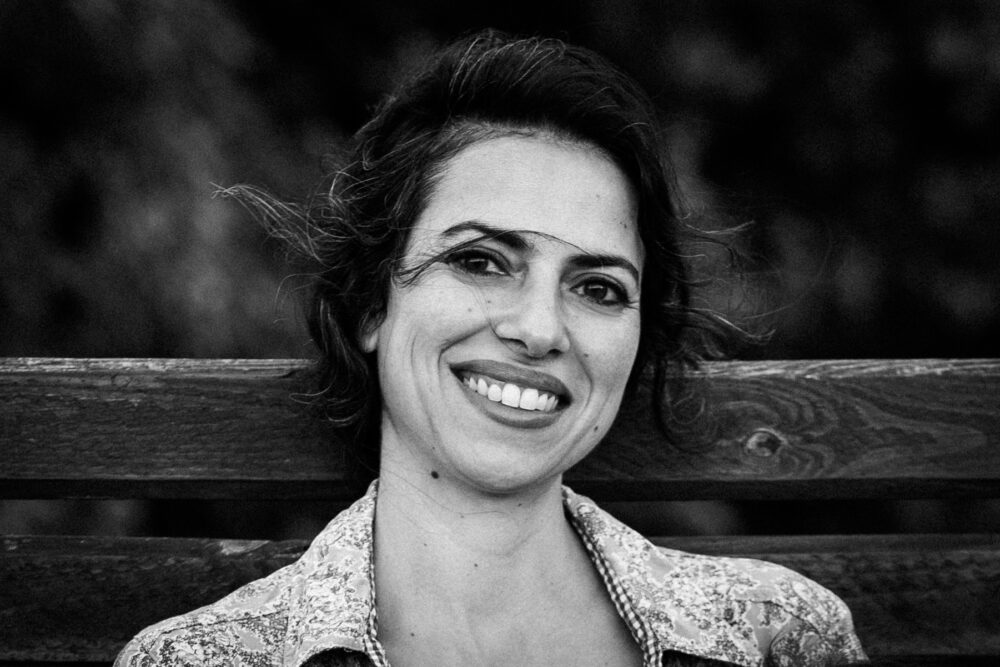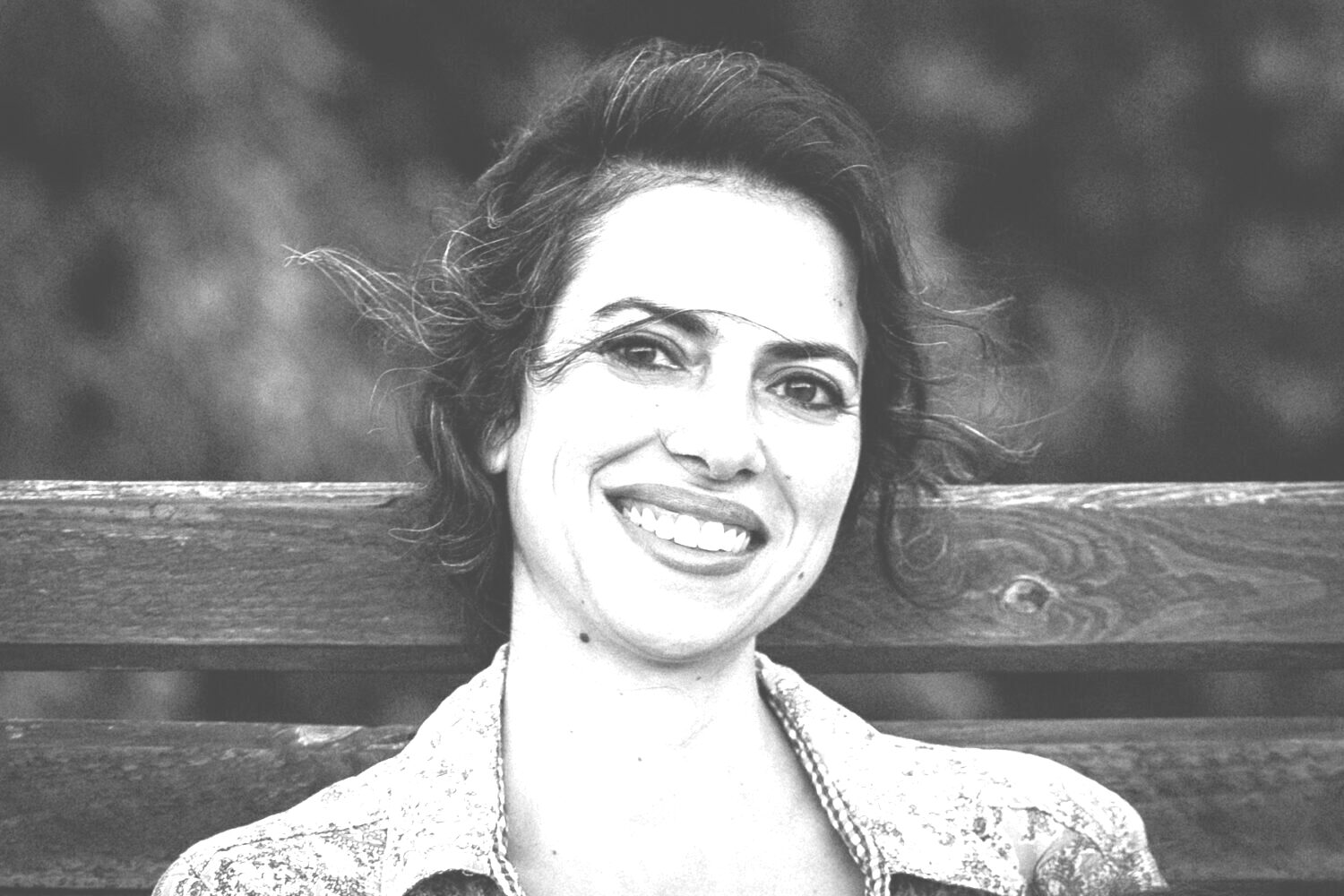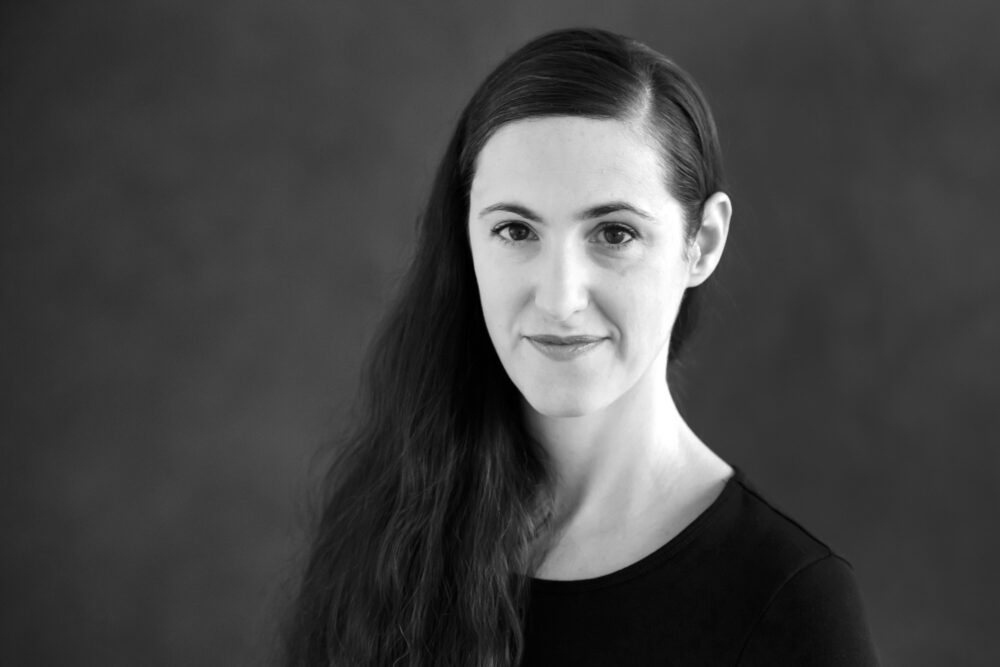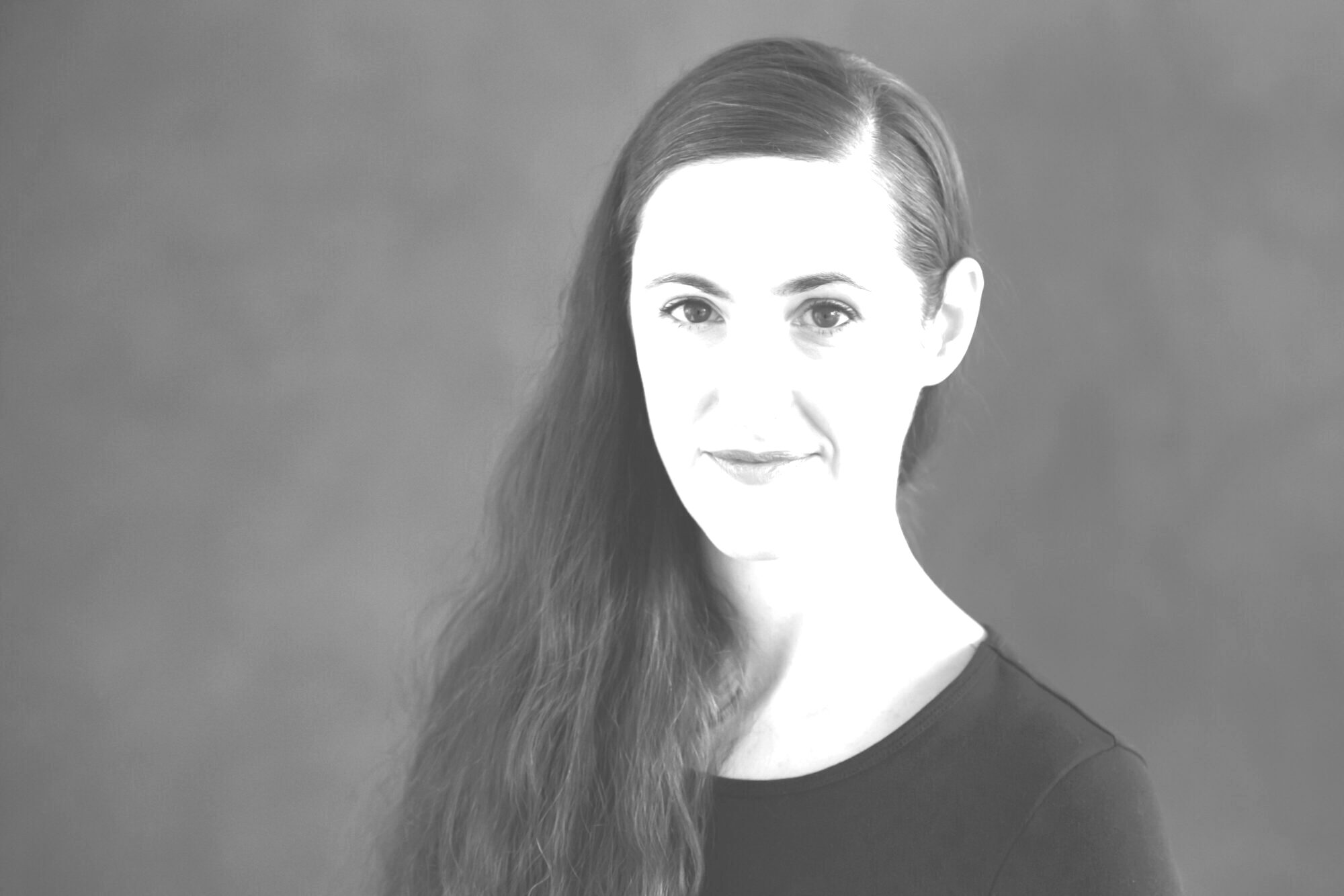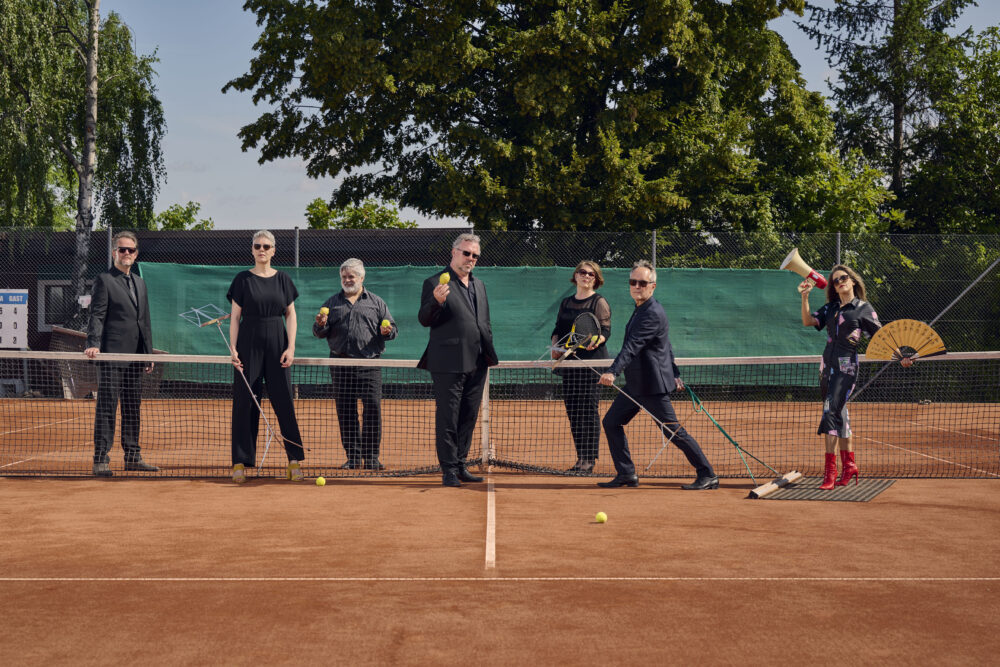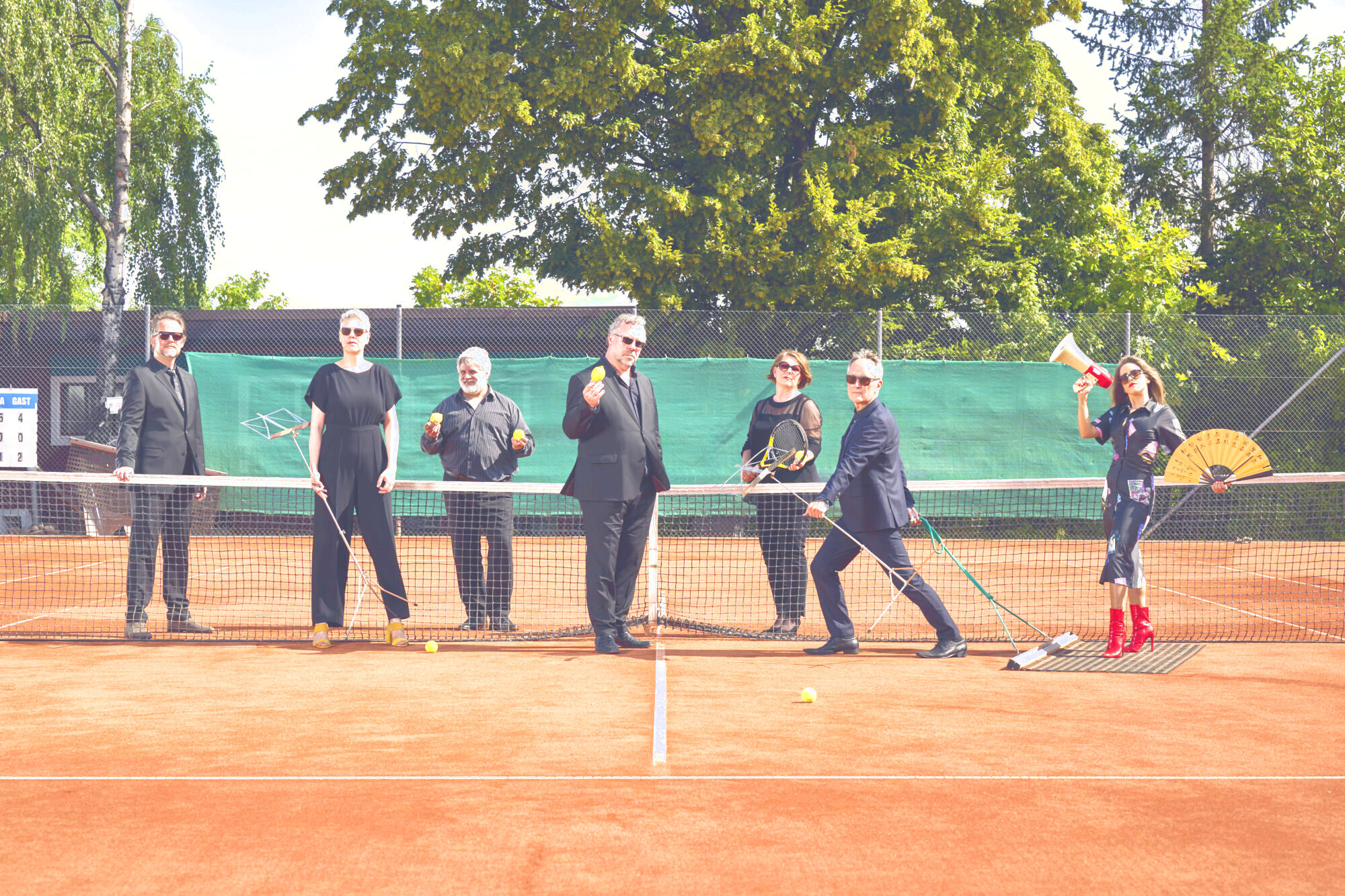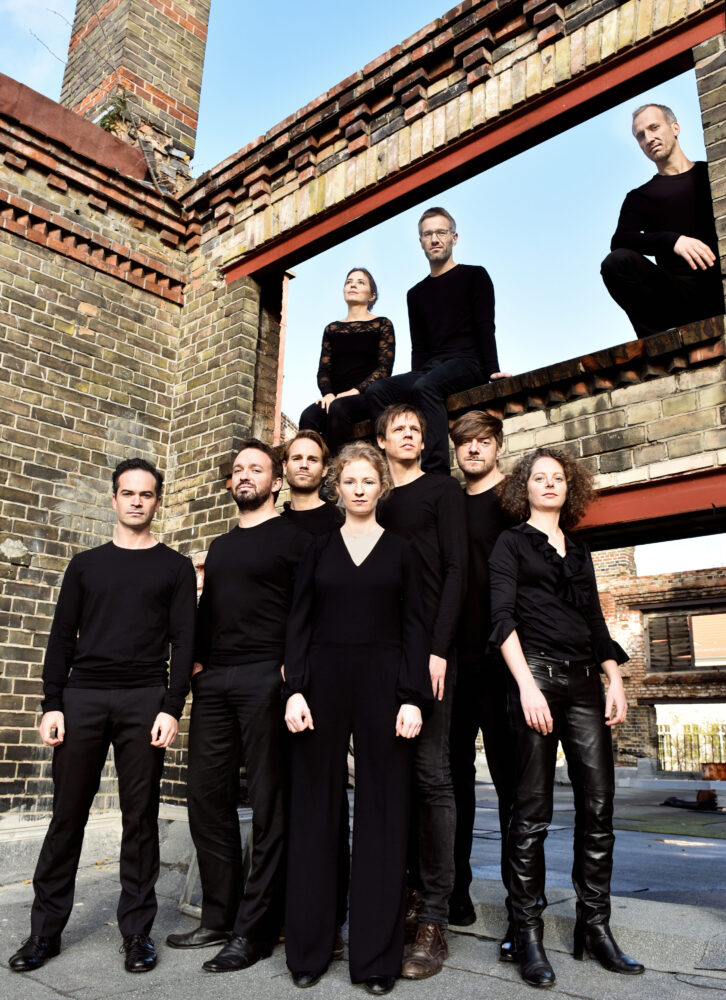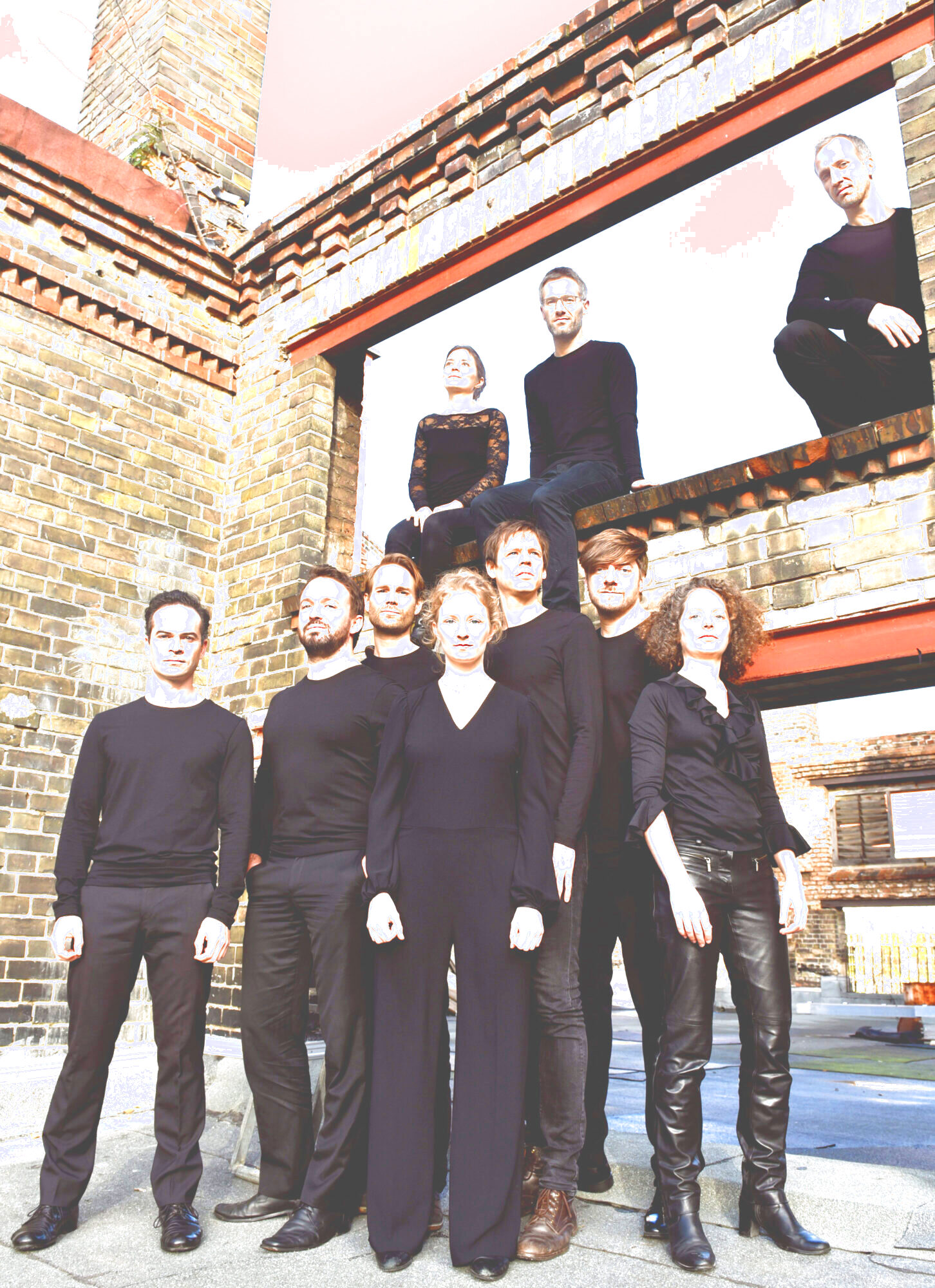Samir Odeh-Tamimi: Philoktet
Content
Due to an injury, Philoktet, a respected warrior in Odysseus‘ entourage, becomes a disruptive factor in the army on the way to the conquest of Troy. His comrades abandon him on the deserted island of Lemnos. After ten unsuccessful years fighting for Troy, the Greek warriors again remember Philoktet and his „miracle weapon“ inherited from Heracles. Philoktet, deeply wounded by the abandonment, had sworn, however, never to fight for the Greeks again.
The warriors Odysseus and Neoptolemos reach Lemnos and want to win Philoktet, who lives in misery and isolation on the island, once again for the war against Troy. Above all, they are interested in his wonder weapon. Odysseus‘ cunning strategy works: By lying, Neoptolemos gains Philoktet’s trust.
Unsuspectingly, Philoktet invites Neoptolemos into his cave and gives him his weapon. Philoktet’s blind trust awakens Neoptolemos‘ doubts about the planned betrayal. He resists the choir’s urging to flee with the bow and reveals the planned deception to Philoktet. Odysseus appears and demands the weapon, leaving the deeply disappointed and embittered Philoktet behind.
The basis of the musical theater is the drama Philoctetes by Sophocles. Passages from the dramas of André Gide and Heiner Müller are woven into the Greek text. Through these different interpretations, the myth of Philoktet in music theater takes on a very broad dimension: on the one hand, the work focuses on the psychological observation of the individual, marked by injury and rejection, preoccupied with his own misery, the stench, the woundedness and the pain of being an outcast. At the same time, the political context is illuminated and the cynical pragmatism of a society that demands the fulfilment of duty by all means and is simultaneously confronted by the destructive potential of the injured individual.
The central element of the musical theater is language as an expression of various inner and outer human states. Odeh-Tamimi also juxtaposes the Greek, French and German languages of the underlying dramas with a fantasy language with melodic and rhythmic elements of ancient Semitic languages.
The Neue Vocalsolisten have assigned clear roles including the chorus of Greek tragedy. But also the instrumentalists – especially the double bass clarinettist – have scenic roles as Philoktet’s alter egos: through their movements on stage, various states and physical limitations of the protagonist are associated.
Staged as a tableau vivant, Samir Odeh-Tamimi and Rosabel Huguet create powerful images that recreate the different human conditions. An important protagonist is nature, especially insects, represented by electronics and video projection, with associations of the unpleasant and danger, but also with a philosophical-transcendental and pointing to the future aspect.
The upright walk and the power of the night
On Samir Odeh-Tamimi’s music theater Philoktet
In the music theater Philoktet there is no hierarchy between text, music and stage. The work is a whole, everything is equally important. In Philoktet, Samir Odeh-Tamimi is for the first time responsible for both direction, stage design and music. For many years, in addition to his compositional activities, he has been engaged in painting and sculpture. Thus, for Philoktet, parallel to his preliminary musical considerations, he also created a series of chalk drawings, etchings and sculptures in stone, which are the starting point for the scenographic concept.
The instrumentalists are alter egos of Philoktet, each* in their own way. Some seem trapped, unable to find the exit, others ask themselves existential questions. The contrabass clarinet plays a special role. The instrument seems like an appendage of the instrumentalist, like a large, immobile leg, heavy and stiff, but scenically very present. The semantics of movement are of great importance in this work. One of the sources of inspiration in the conception of Philoctet was a particular movement: the strange upright gait of a Turkish boy who had walked on all fours all his life – an image from a documentary about the congenital disability of several siblings walking on all fours and expressing themselves through guttural grunts. At the end, when one of the brothers suddenly appears behind the researchers, standing tall, with an awkward but proud gait, he seems to say, „I’ll walk the way I want, though I can walk the way you walk.“
Samir’s music embodies the whole tragedy in a single cry. Its sound is smell and pain, a smell of old infection. It is the smell of lies, of the feeling of being taken advantage of.
An important protagonist in Philoktet is nature, or more precisely, it is insects reproduced by electronic means and through video projections. As small, often inconspicuous animals that produce unpleasant sounds, insects always evoke a reaction in humans, often with negative connotations: Danger, paranoia, chronic distrust, betrayal, stench. But there are also not a few positive connotations, such as philosophical discovery, transcendental enlightenment (in literature, for example, in Franz Kafka or Clarice Lispector), and ecological sustainability, the promise of the future.
The verses of the tragedy give a certain rhythm, and the language, even if it is a translation into modern Greek, is itself already music, which already betrays the taste, the aesthetics and the form of action or movement that this musical theater needs. The text creates an enchanting effect that, together with the musical interpretation, takes the viewer to a certain place – to a feeling. This language has a precise musculature that also permeates the musculature of the musical work.
The text has been partially alienated by the composer into a fantasy language that appears as an amalgam of Semitic languages such as Arabic, Hebrew, and ancient Aramaic. In this way, Samir Odeh-Tamimi opens up a new tonal dimension to the language and transfers its melodic and rhythmic aspects to a purely musical level. At the same time, with this approach he refers to roots of the ancient Greek language that go back a long way and questions the widespread myth of Greek antiquity as the cradle of European culture.
For Samir, the preoccupation with language and its historical dimensions, as well as the accompanying question of cultural identity, have always been closely linked to his artistic work. The libretto is a reduction and interpretation of the ancient tragedy, linked to broader existential questions by André Gide and Heiner Müller on this material. I participated in the deconstruction of Sophocles‘ text with my own sentences. For this I used a special „removal technique“, an „overlapping“ of several scenes and a restructuring of the verse. In this way I wanted to create a new dynamic. This is a different kind of poetry, not that of classical verse, but of avant-garde verse. We were inspired by Cubism, both literarily in terms of the libretto, and scenically and musically. Nevertheless, there are also many long passages in the original translation of Sophocles into modern Greek by Tassos Rousos.
Comparable to Samir’s etchings in drawings, the libretto also knows a kind of „word-etching technique,“ up to an end point, when the voices are also partially erased.
Quotations from André Gide and Heiner Müller appear selectively at crucial points in the piece, but their two versions of the tragedy are present in the organism of the whole piece. One could say that our Philoktet lies somewhere between that of Gide and that of Müller. From Müller we integrated the bitterness, roughness, truthfulness, the perceptual play and the ending into the libretto. With Gide, I was attracted by the psychological treatment of the characters, their attitude toward identity and transcendence. He says „I will be abstract,“ that is, a natural, abstract human being, without fatherland and gods, without artifice and lies. As the actress Elisabeth Vogler says in Bergman’s Persona: if Philoctet lived in company, even in silence he would feel that he is lying (This is indeed the most sophisticated form of lying).
Another important cinematic inspiration is The Game by David Finchen from 1997, in which the protagonist, played by Michael Douglas, becomes the victim of a total conspiracy. The whole thing is a brutal gift from his brother, who wants to give him new perspective through it.
It was exciting to write my first and second libretto in collaboration with a composer who breaks with operatic tradition and with whom I share the same spirit of creative freedom, but who at the same time listens attentively to the original text and maintains a deep fidelity to it.
